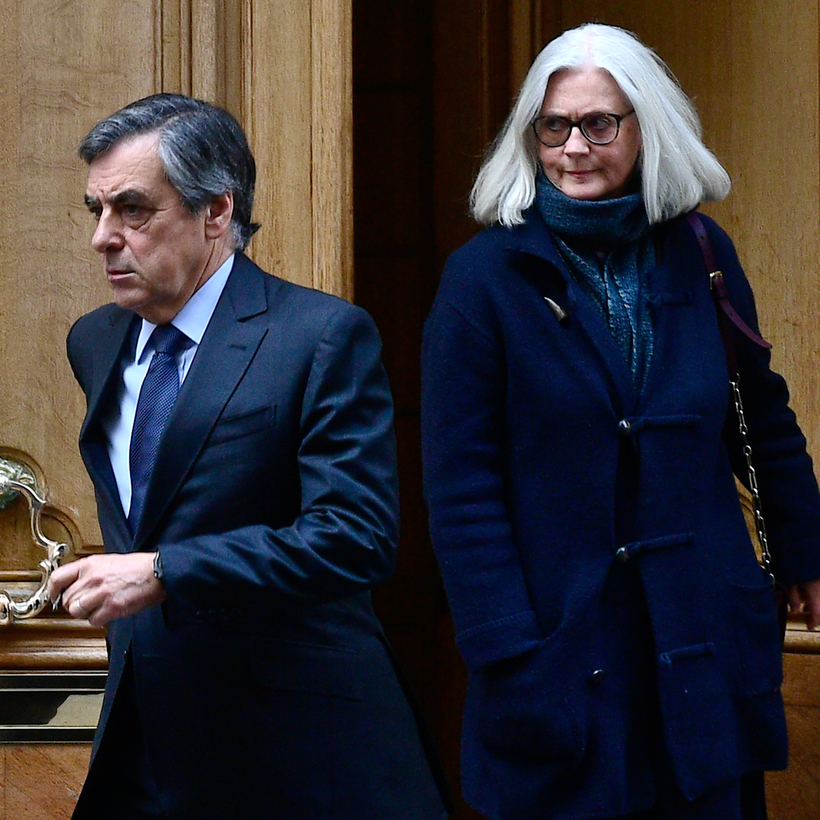On May 14, 2011, Dominique Strauss-Kahn, the managing director of the I.M.F. and then considered the front-runner in the 2012 French presidential election, was arrested in New York City for sexual assault and attempted rape of a chambermaid at the Sofitel hotel in Midtown.
At the time, the French public was shocked, not just by the salacious details of the accusation but in the way D.S.K. was treated those first 96 hours: yanked off an Air France flight 10 minutes before takeoff, frog-marched and booked at Rikers Island, only to be released six days later as long as he made bail, coughed up his passport, and remained under house arrest in a Tribeca apartment, which the New York Post politely labeled soon afterward as “Chez Perv.”


